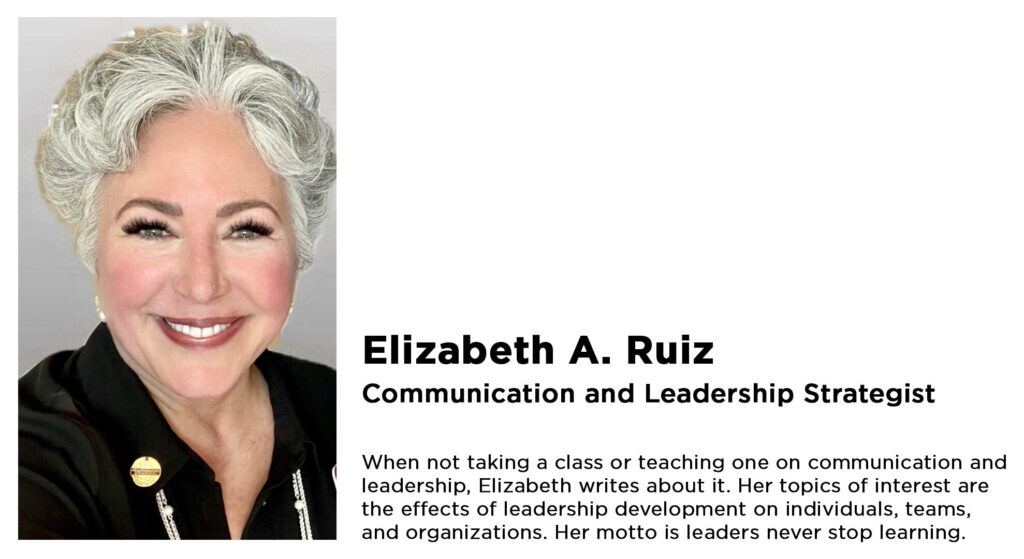25 Questions to Ask During Your Interview
Preparing for an interview can be a daunting experience, but knowing exactly what questions to ask can make it a lot easier. As an interviewee, you should be on the lookout for questions that give you a better understanding of the company, the role, and what is expected of you. But it can be challenging to come up with the right questions on the spot.
That’s where we come in! In this blog post, we have compiled a list of 25 questions that you can ask during your interview to help you stand out and make the best impression possible. With these questions, you will impress your interviewer and gain insights that will enable you to make informed decisions about the job and the company. So, let’s dive in!
1. “Can you tell me more about the day-to-day responsibilities of this role?”
2. “What qualities do you believe are essential for success in this position?”
3. “What do you anticipate will be the greatest challenges in this role, and how can I succeed despite them?”
4. “What is the company culture like here, and how do employees communicate and collaborate?”
5. “How does the company measure success and performance in this role?”
6. “What opportunities do employees have for growth and development within the company?”
7. “Can you give me an example of a project or achievement that someone in this position has accomplished in the past?”
8. “How does the company approach work-life balance and support employee wellness?”
9. “What are the company’s goals for the next year, and how does this role contribute to those goals?”
10. “Can you walk me through the onboarding and training process for new employees?”
11. “How does the company encourage employee professional growth and development?”
12. “What is the company culture like, and how does it support diversity and inclusion?”
13. “What metrics are used to evaluate performance in this role?”
14. “How does the company handle conflicts or challenges within a team or department?”
15. “Can you tell me about any upcoming projects or initiatives that this role would be involved in?”
11. “How does the company encourage employee professional growth and development?”
12. “What is the company culture like, and how does it support diversity and inclusion?”
13. “What metrics are used to evaluate performance in this role?”
14. “How does the company handle conflicts or challenges within a team or department?”
15. “Can you tell me about any upcoming projects or initiatives that this role would be involved in?”
16. “What training or onboarding process do new employees undergo?”
17. “Can you describe the direct supervisor’s leadership style and communication methods for this role?”
18. “How are feedback and constructive criticism provided to employees, and are there opportunities for employees to provide feedback to management?”
19. “What opportunities exist for advancement within this role or within the company?”
20. “How does the company approach work-life balance and employee wellness?”
21. “What does a typical day or week look like in this role?”
22. “Can you tell me about the company culture and values?”
23. “What kind of training and professional development opportunities are available?”
24. “How does the company measure and recognize employee performance and success?”
25. “What kind of benefits packages and perks are offered to employees?”
Do not ask questions that may be found on the organization’s website, LinkedIn page, or what the organization sends you before your interview. Remember to focus on questions about the organization and your interviewing role. This will demonstrate your strong interest in the opportunity and might help you stand out from other candidates interviewing for the same role. Good luck!
Connect with Elizabeth on LinkedIn or her website, sldpro.com.









